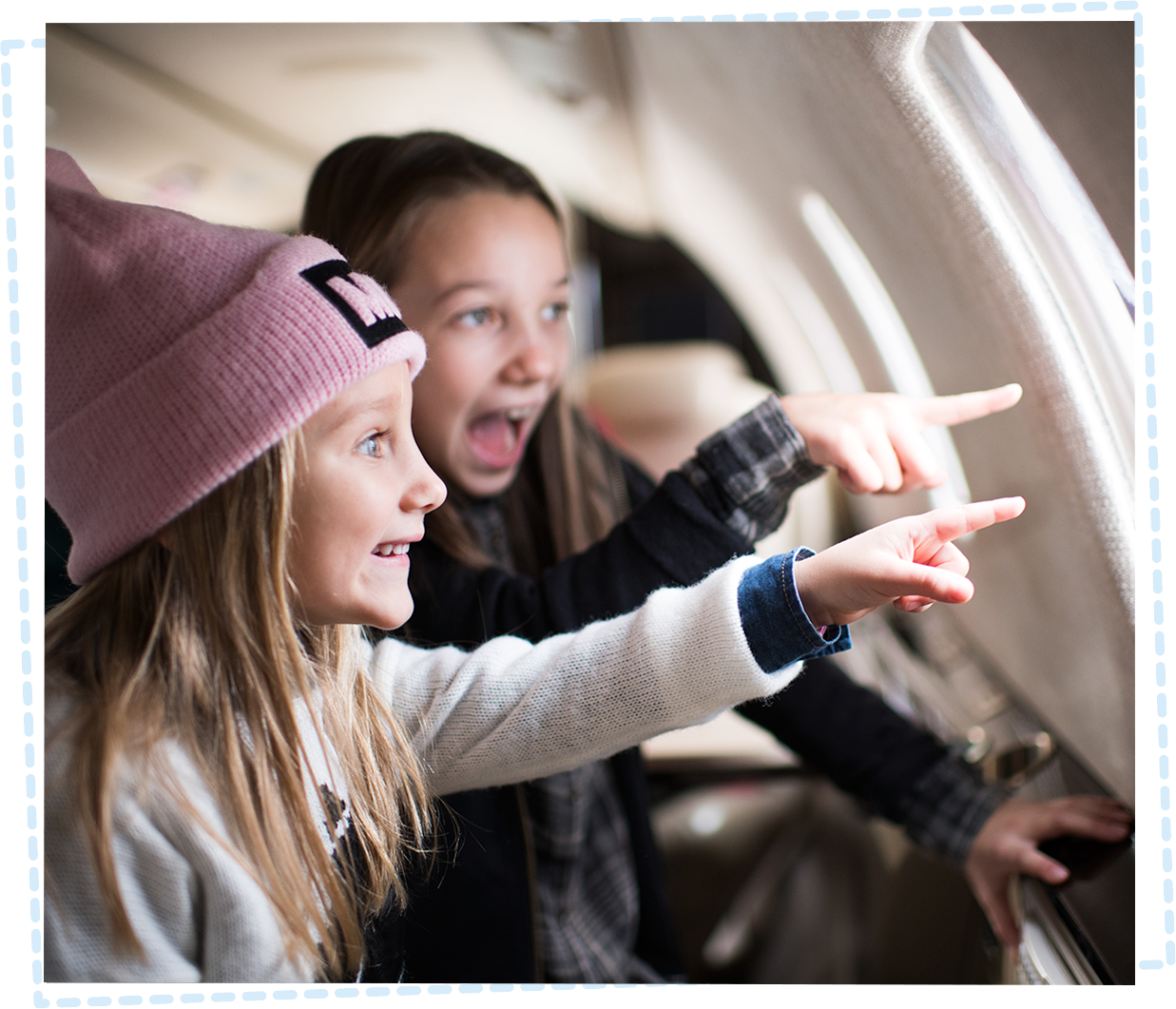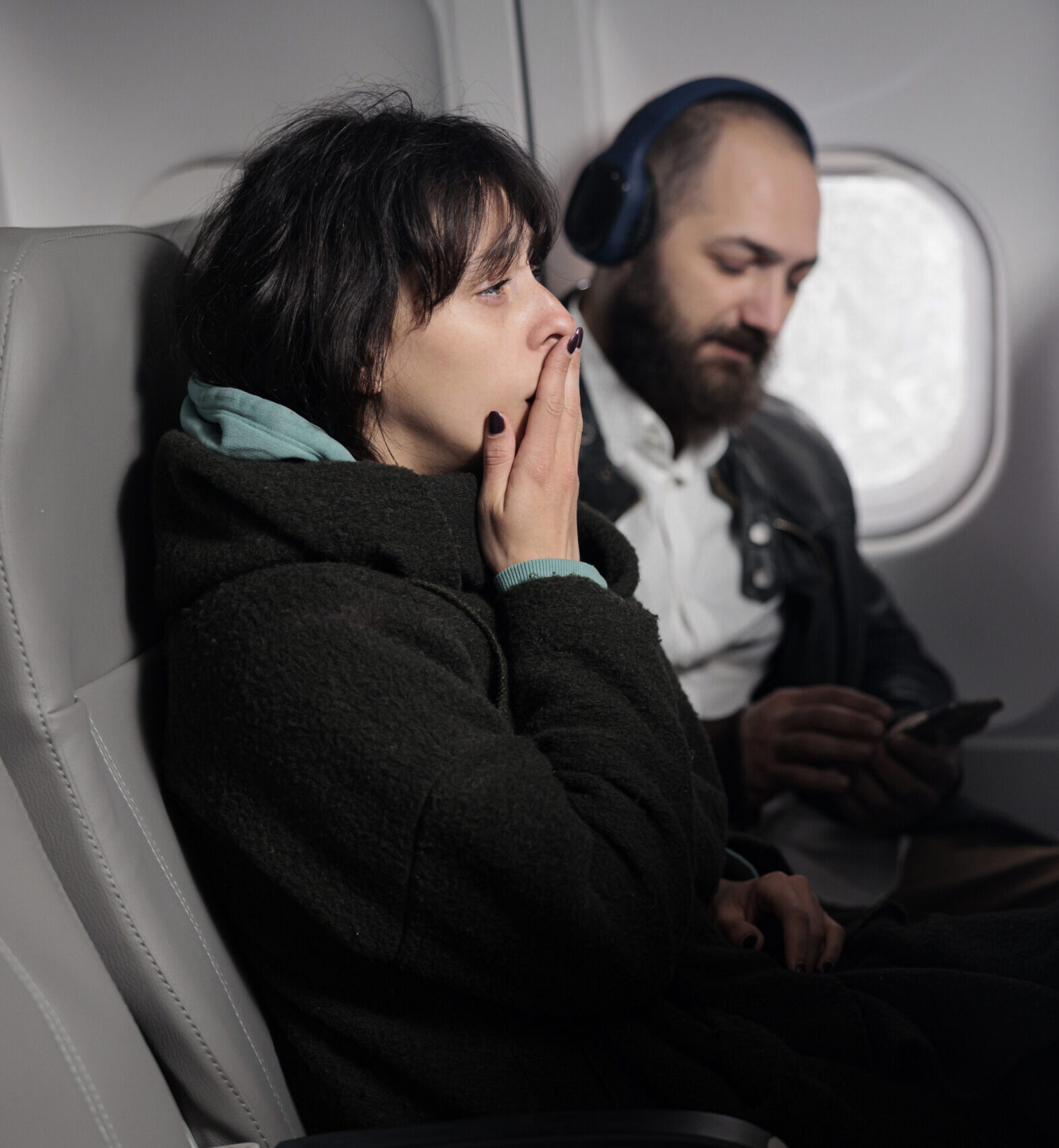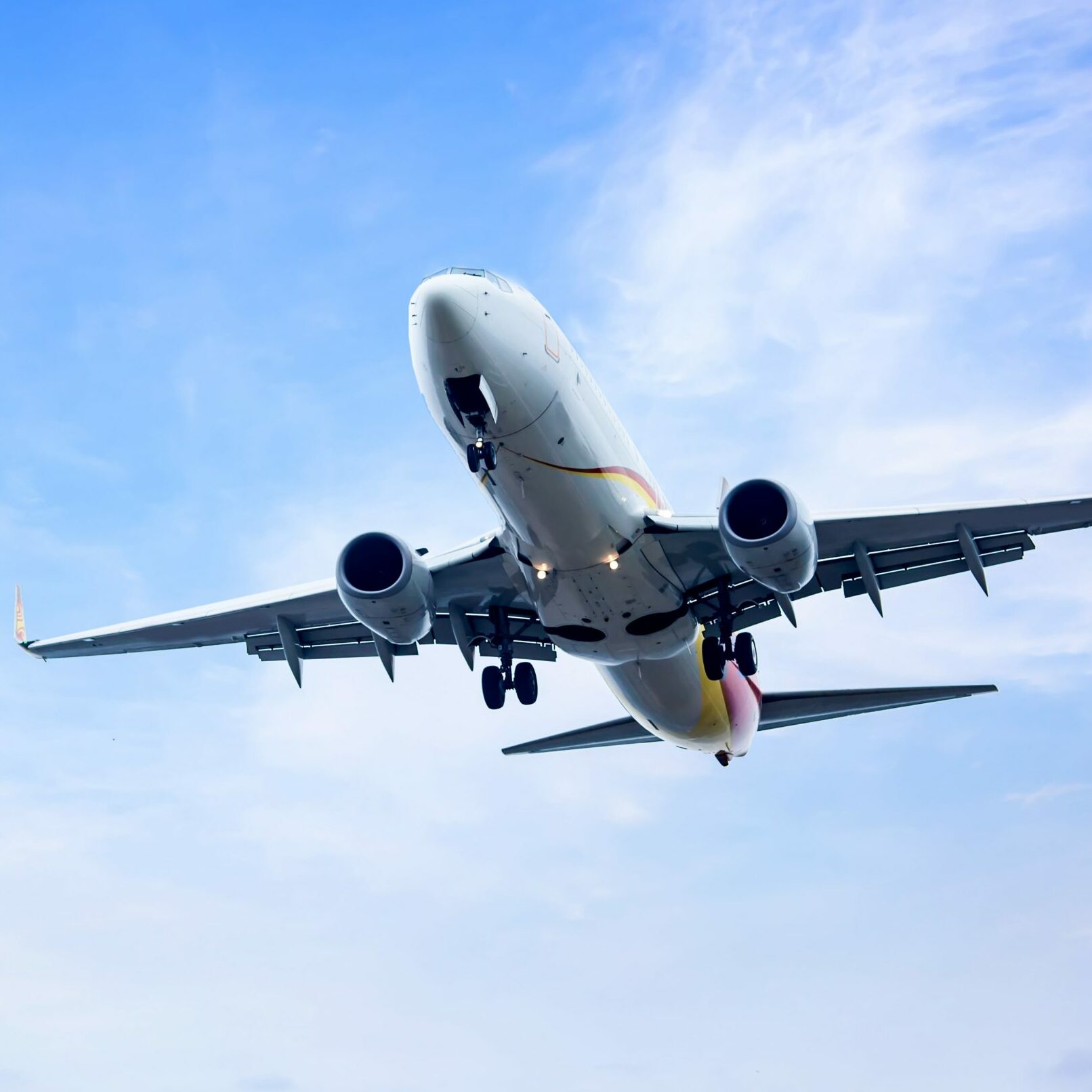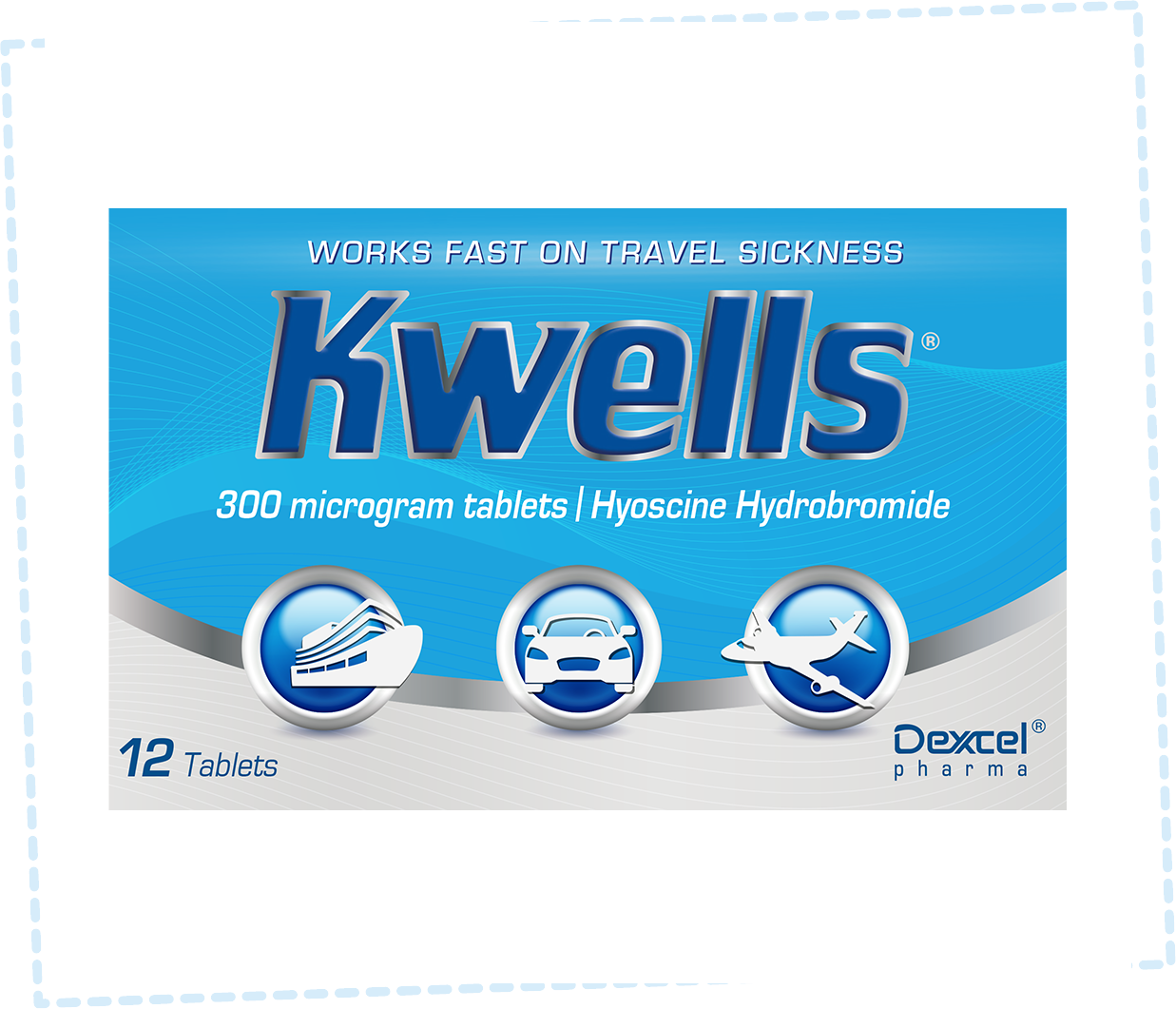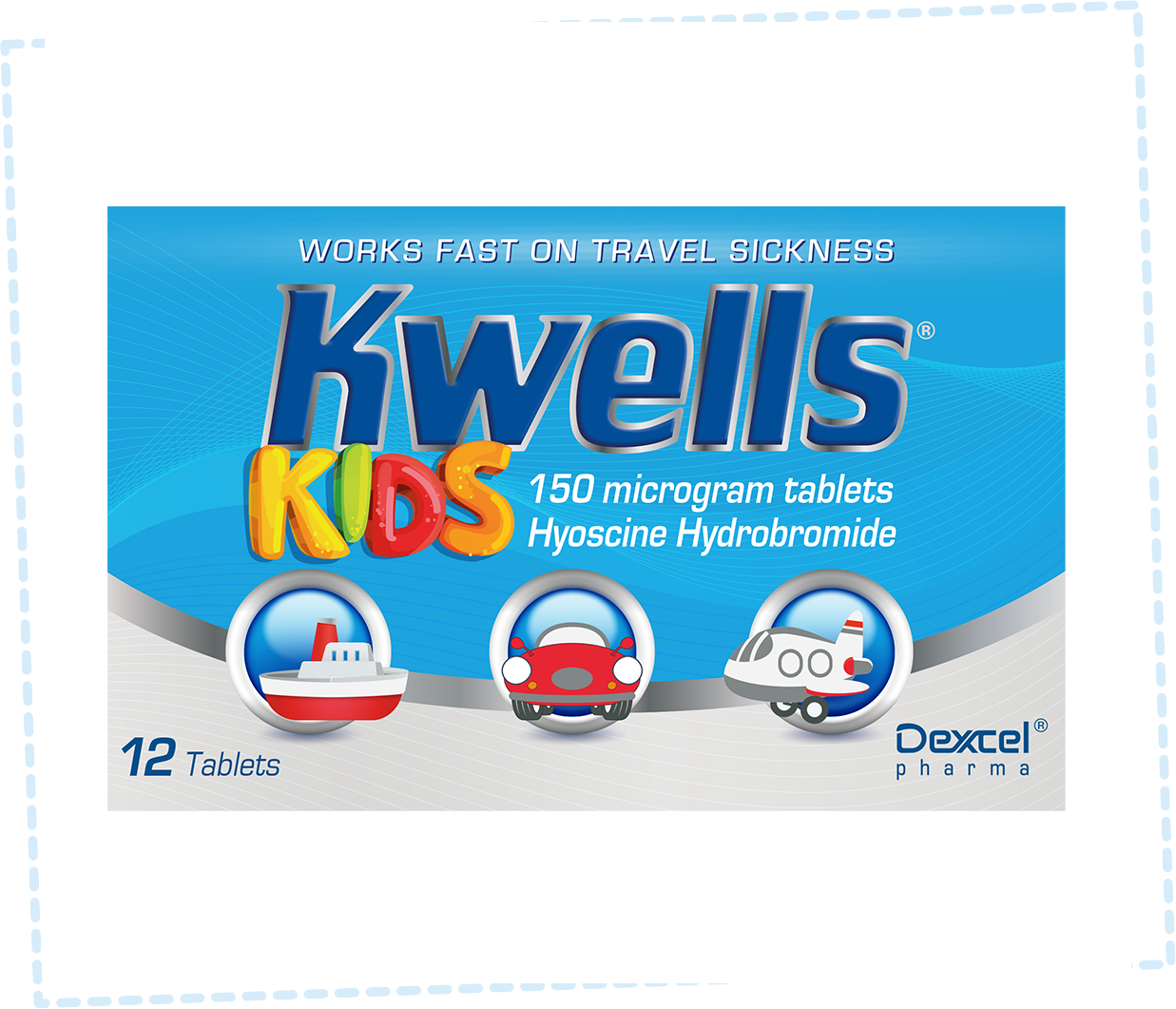Join our journey of discovery for tips to prevent travel sickness
Here to help you enjoy the journey
Kwells has been a go-to, over-the-counter travel sickness remedy for UK travellers for over three decades.
We believe the journey is as important as the destination and that travel sickness shouldn’t dampen your day out or your adventurous holiday spirit.
Kwells travel sickness tablets for adults and children over the age of 10 and Kwells Kids for children over the age of four are used for the fast and effective prevention and control of travel sickness.

About motion sickness
Motion sickness is the general term used to describe the nausea symptoms caused by repeated movements when you’re travelling, such as going over bumps in a car or moving up and down in a boat.1
It can also occur on fairground rides, while playing video games2 or using Virtual Reality headsets3.
Also known as cybersickness, VR motion sickness sufferers experience similar symptoms to those who suffer from travel sickness.
More about motion sicknessAbout travel sickness
Travel sickness is common, particularly in children4 and is caused by repeated movements when travelling whether its car, boat, plane or train.
It occurs when the inner ear sends different signals to your brain from those your eyes are seeing.1 These confusing messages cause you to feel unwell.
Symptoms can include a headache and nausea, feeling cold and going pale, sweating and feeling weak.4
More about travel sickness

About sea sickness
Alongside car sickness and air sickness, sea sickness is an unpleasant combination of symptoms such as nausea, dizziness and vomiting.2 Sea sickness is said to be the most common form of motion sickness.5
Whether it’s a cruise ship or a boat it’s caused by the vessel moving up and down over the water, again sending those mixed messages from your eyes and inner ear to the brain.
More about sea sicknessAbout car sickness
Whether it’s a day out or a staycation, car sickness can really put a downer on a journey. As with other forms of travel sickness, car sickness is caused by the repeated movements of travelling.
Thankfully there are things you can do to prevent or relieve the symptoms and unlike being on water or in the air, you can stop for breaks for fresh air, refreshment and exercise.
Children aged three to 12 are most likely to suffer from travel sickness – and this often becomes apparent on car journeys – with most teenagers growing out of the condition.
More about car sickness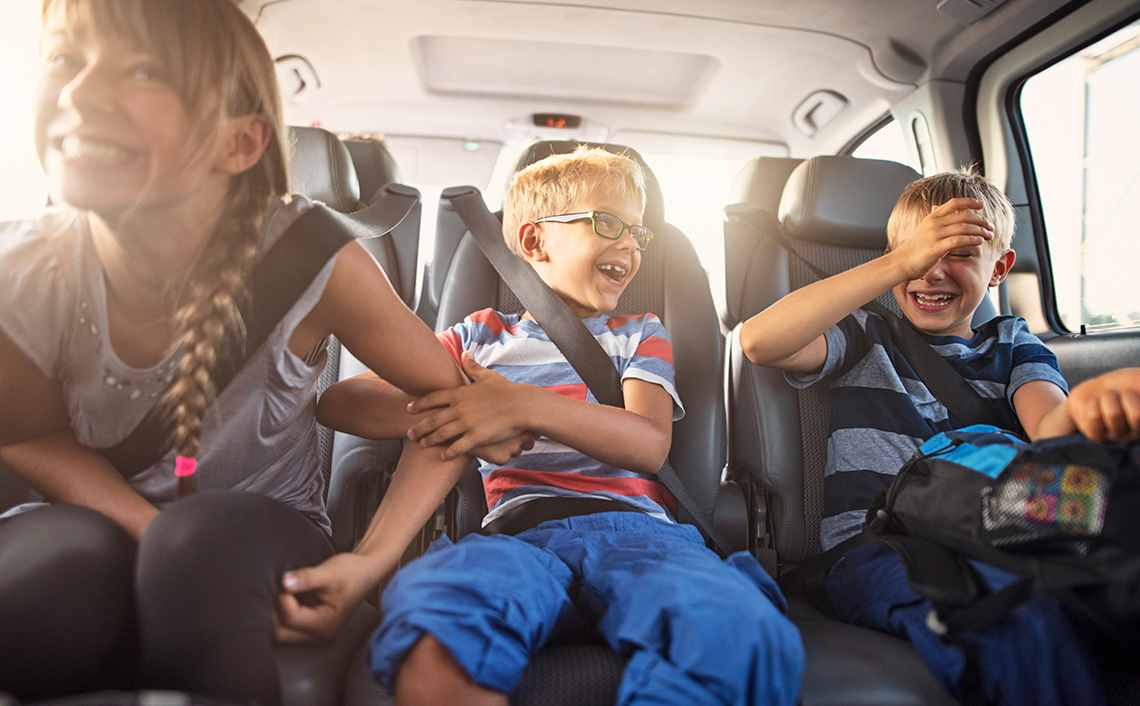

About nausea
Nausea, or feeling sick, is one of the main motion sickness symptoms.4
And here’s an interesting fact for you; the word nausea is derived from the Greek word ‘naus’ which came from ‘nautical’ meaning a ship!
If you do feel sick while travelling fresh air may help as well as taking sips of a cold drink – some people find fizzy drinks work best.6 You could also try focussing on a stable object such as the horizon or closing your eyes.2
More about nausea
References:
1 https://www.nhs.uk/conditions/motion-sickness/
2 https://111.wales.nhs.uk/travelhealth/TravelSickness/
4 https://patient.info/travel-and-vaccinations/health-advice-for-travel-abroad/motion-travel-sickness
5 https://www.ncbi.nlm.nih.gov/pmc/articles/PMC7048153/
6 https://www.nhs.uk/conditions/feeling-sick-nausea/
Travel Happy Tips
Kwells 300 microgram tablets. For the prevention of travel sickness, suitable for adults and children aged 10+. Contains Hyoscine Hydrobromide 300 microgram. Kwells Kids 150 microgram tablets. For the prevention of travel sickness, suitable for children aged 4+. Contains Hyoscine Hydrobromide 150 microgram. Always read the label

